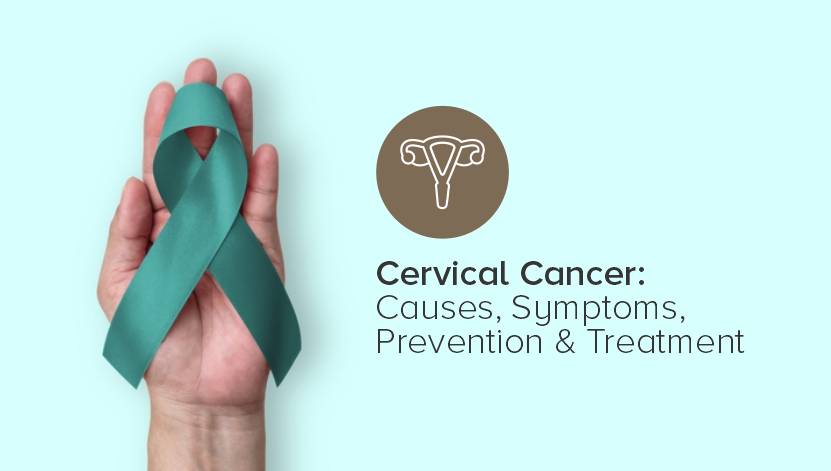Cervical cancer, also known as cervix cancer, is the fourth most common cancer in women worldwide, with over half a million cases and 300,000 deaths annually. Fortunately, cervical cancer is highly preventable and can be effectively treated with early detection. Hence, it is imperative to understand the causes, symptoms, prevention, and treatment options for cervical cancer.
